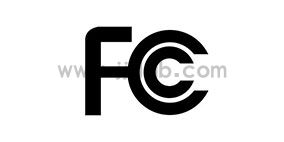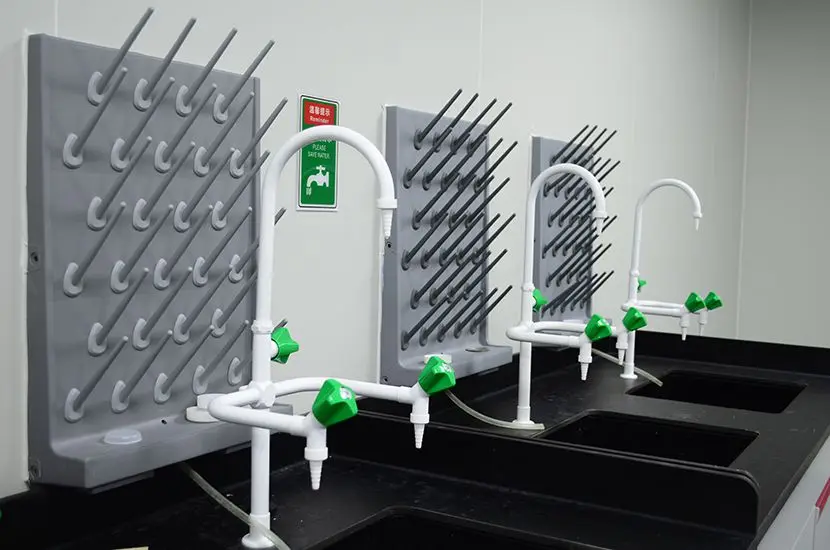
FCC Certification Application for Smart Locks
With the flourishing development of the smart home market, smart locks have been increasingly favoRED by consumers for their convenience and security. However, for smart lock companies aiming to enter the US market, the first hurdle they face is the certification from the Federal Communications Commission (fcc). So, why is fcc certification so important? What does it actually mean?

The FCC, or the Federal Communications Commission, is an independent agency of the US government that regULates the communications sector. Its certification not only serves as a passport for products to enter the US market but also provides strict guarantees for product safety and compliance. For products like smart locks that involve wireless communication technology, the importance of FCC certification is self-evident.
Firstly, FCC certification is a statutory requirement for the sale of smart lock products in the US market. Only products that have passed FCC certification can be legally sold in the US market. This threshold is set by the US government to protect consumer rights and market order.
Secondly, FCC certification is an important guarantee of product safety and compliance. During the certification process, products need to undergo a series of rigorous tests and evaluations to ensure compliance with US communication laws and standards. This includes not only electromagnetic compatibility tests but also wireless radio frequency tests. Through these tests, it can be ensured that smart lock products will not interfere with other electronic devices during use, while also ensuring the stability and safety of the products themselves.
Furthermore, smart lock products certified by the FCC can also gain higher trust from consumers. In the US market, consumers have extremely high demands for product safety and compliance. A product certified by the FCC often gains easier recognition and trust from consumers, thereby enhancing the product's market competitiveness.
So, how can smart lock products obtain FCC certification? This mainly depends on the product's functional characteristics. For smart lock products without wireless functions, only an FCC-sdoc self-compliance declaration is required. However, for smart lock products with wireless functions such as Bluetooth, WiFi, etc., a more complex FCC-ID wireless certification is required. This includes routine testing items and wireless radio frequency testing to ensure compliance with fcc standards and requirements.
In summary, FCC certification is a necessary step for smart lock products to enter the US market. It is not only a necessary condition for legal sales but also an important guarantee of product safety and compliance. For smart lock companies wishing to establish themselves in the US market, obtaining FCC certification is the first step towards success.
Email:hello@jjrlab.com
Write your message here and send it to us
 Cost of U.S. FDA CFR 21 177.2600 Test Report
Cost of U.S. FDA CFR 21 177.2600 Test Report
 How much does the IP44 Compliance Test cost
How much does the IP44 Compliance Test cost
 What is LFGB Test
What is LFGB Test
 What does LFGB certified mean?
What does LFGB certified mean?
 Weee authorised representative germany
Weee authorised representative germany
 Where to Apply for 2026 Air & Sea Transport Ce
Where to Apply for 2026 Air & Sea Transport Ce
 Guide to IEC Test Reports for Lighting Exports
Guide to IEC Test Reports for Lighting Exports
 IEC/EN 62471 and IEC/EN 62778 (Photobiological Saf
IEC/EN 62471 and IEC/EN 62778 (Photobiological Saf
Leave us a message
24-hour online customer service at any time to respond, so that you worry!




